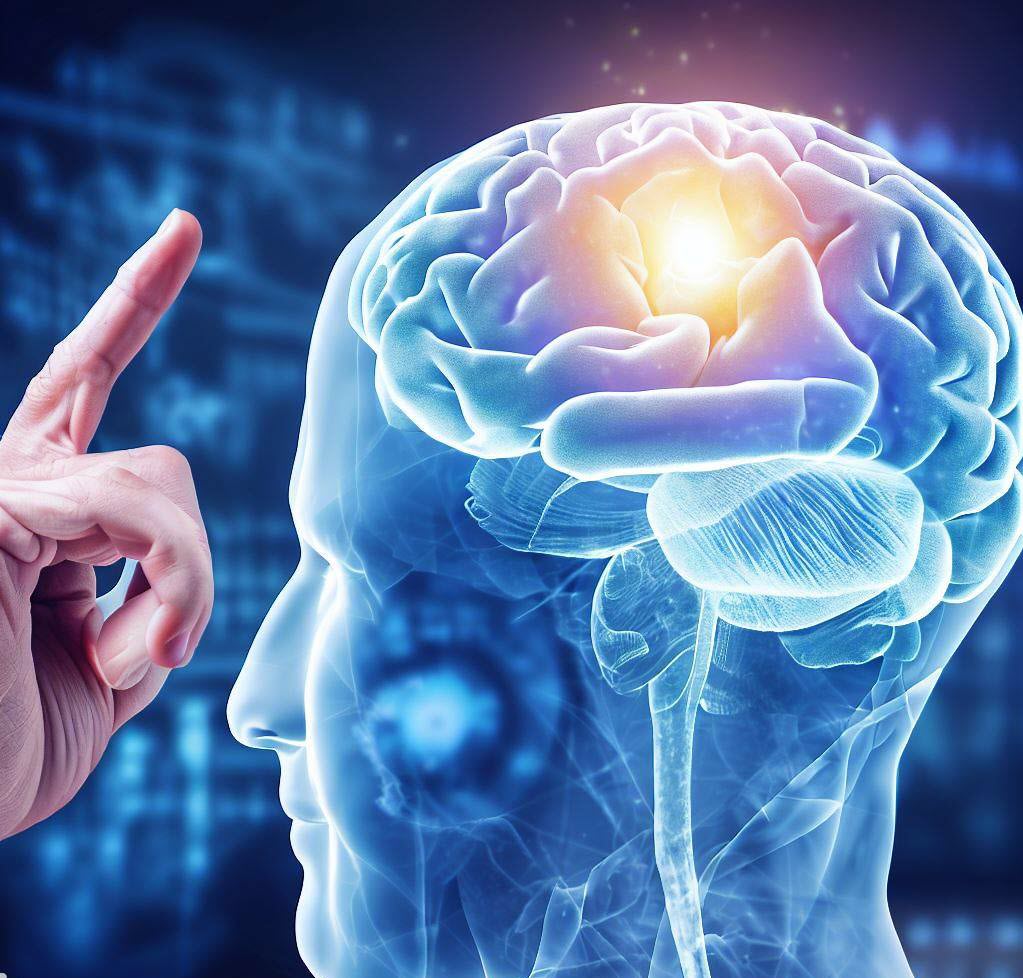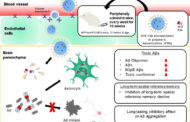
via AI.Nony.Mous
Researchers from the University of Tsukuba and IBM Research have developed a self-administered mobile application that analyzes speech data as an automatic screening tool for the early detection of Alzheimer’s disease. Using automatic speech recognition, the proposed mobile application reliably estimates the degree of language impairments and detects Alzheimer’s disease in its prodromal stage.
Alzheimer’s disease (AD) is the most common form of dementia. It is important to start intervention from an early stage, e.g., the mild cognitive impairment (MCI) stage, to prevent or delay the progression of AD. For the early detection of AD and MCI, there is a growing need to develop user-friendly, self-administered screening tools for use in everyday life. Speech is a promising data source that can be used for developing such screening tools. Language impairments have been observed in the early stages of AD, and linguistic features characterizing these impairments have been used for the automatic detection of AD. However, the accuracy of automatic speech recognition used for converting human voice to text is generally of poorer quality in the case of elderly people than for people from other age groups, posing a challenge for developing an automatic tool.
Herein, researchers developed a prototype of a self-administered mobile application to help in the early detection of AD and MCI. Using this application, researchers collected and analyzed speech data of five cognitive tasks from 114 participants, including AD patients, MCI patients, and cognitively normal participants. The tasks were based on neuropsychological assessments used for dementia screening and included picture description and verbal fluency tasks. The results demonstrate that the degree of language impairments assessed by linguistic features, particularly those related to the semantic aspects (e.g., informativeness and vocabulary richness), could be reliably estimated at poor speech recognition accuracy. Moreover, by combining these linguistic features with acoustic and prosodic features of the participant’s voice, machine learning models could reliably detect MCI and AD, showing 88% and 91% accuracy, respectively.
To the best of our knowledge, this is the first study to show the feasibility of an automatic, self-administered screening tool for detecting AD and MCI by reliably capturing language impairments even from the speech data obtained under poor automatic speech recognition accuracy conditions. The proposed tool may help increase the access to screening tools for the early detection of AD.
Original Article: Self-Administered Mobile Application to Detect Alzheimer’s Disease Using Speech Data
More from: University of Tsukuba | IBM Research
The Latest Updates from Bing News
Go deeper with Bing News on:
Alzheimer’s disease detection
- Oasis Or Mirage? Digital Dementia Screening In The Neurology Desert
As I noted at this year’s JP Morgan conference: “a neurotechnology home run would be a reliable diagnostic test (like a set of biomarkers) for earlier detection of mild cognitive impairment and/or ...
- TRIAD AREA PROGRAM ON ALZHEIMER’S FACTS, FIGURES AND THE FUTURE
The Alzheimer’s Association - Western Carolina Chapter, in partnership with First Presbyterian Church of Greensboro, Hallmark Homecare, and WellSpring Solutions, is hosting “Alzheimer’s: ...
- Dr. Paul Aisen recognized as 2024 Alzheimer’s Association Research Champion
Dr. Paul Aisen was honored by the Alzheimer’s Association San Diego/Imperial Chapter as the 2024 Research Champion at the inaugural Brilliance Luncheon held April 19 at the Catamaran Resort Hotel in ...
- 5 women’s health tips to prevent and detect strokes, according to cardiologists
One in five women between the ages of 55 and 75 will experience a stroke. Parag Shah, MD, a physical medicine specialist in Jacksonville, Florida, shares tips for women to reduce their risk.
- Why Blacks Aren’t Qualifying for Alzheimer’s Clinical Trials, And What Can Be Done About It
The prevalence of low amyloid levels in Black people opens up a host of questions regarding the development of Alzheimer’s disease.
Go deeper with Bing News on:
Alzheimer’s
- What Is The Best Treatment for Alzheimer's?
Alzheimerrsquo;s disease is a condition that leads to the deterioration of brain cells Read on to learn about its treatment measures ...
- Alzheimer's All-Star Basketball Classic's founder, Gordon Thomas, inspired by dad's battle with disease
Celeste Taylor, Lester Quinones and Diego Maldonado are just a few of the talented players who have participated in the competitions.
- Neuroscientists Warn of 'Cascading' Alzheimer's Risk From These Two Habits
The habits produce a "synergistic effect" on our risk of developing Alzheimer's Disease and general cognitive decline.
- AI helps researchers uncover gut-brain interactions in Alzheimer's
AI technology reveals more information about the gut-brain health link in Alzheimer's, suggesting new pathways for research around treatments.
- Central Pa. woman with Alzheimer’s is missing: police
Police in Lancaster are searching for a missing 75-year-old woman with Alzheimer’s. Carlota Arauz was reported missing by her family members around 8:30 p.m. on Thursday, according to Lancaster City ...







